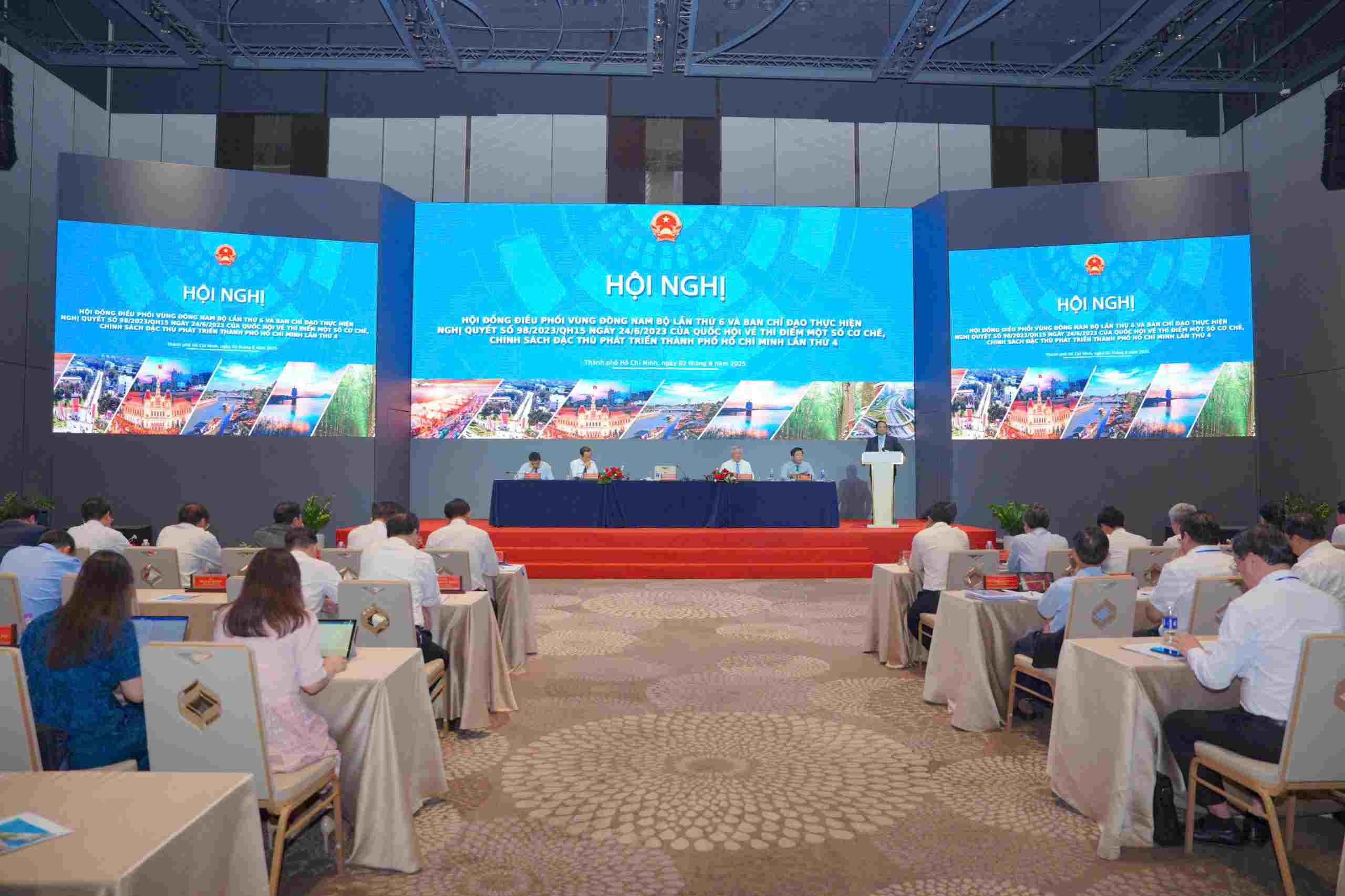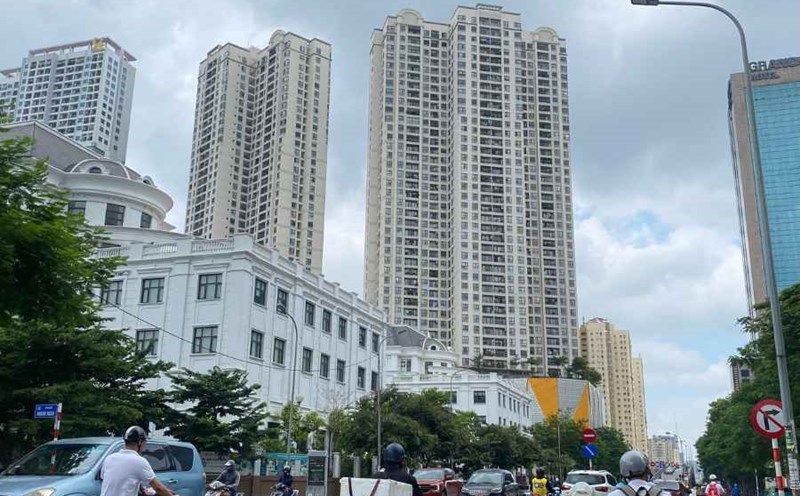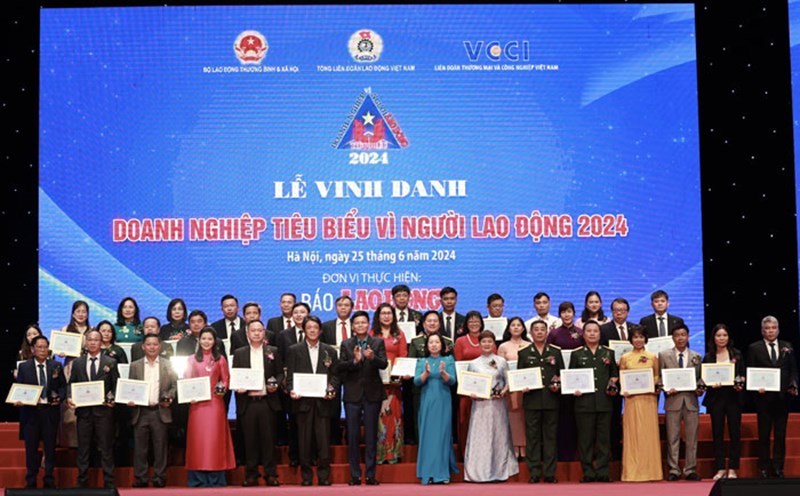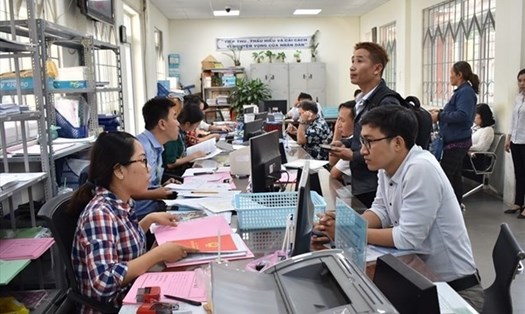On August 2, after the conference to implement the National Assembly's Resolution on the development of the International Financial Center in Vietnam, Prime Minister Pham Minh Chinh continued to chair the 6th meeting of the Southeast Regional Coordination Council and the 4th meeting of the Steering Committee for the implementation of Resolution 98 of the National Assembly on piloting a number of specific mechanisms and policies for the development of Ho Chi Minh City.
At the conference, Chairman of the Ho Chi Minh City People's Committee Nguyen Van Duoc reported on the implementation of Resolution 98.
According to Mr. Duoc, out of a total of 44 specific mechanisms and policies stipulated in the resolution, the city has so far implemented 36 mechanisms; 6 mechanisms are being developed by ministries and branches and 2 mechanisms have stopped implementation due to new legal regulations.
Some key contents that are continuing to be improved include: regulations on fees and charges; increasing charter capital for Ho Chi Minh City State Financial Investment Company (HFIC); controlling emissions; carbon credits; attracting strategic investors.
Mr. Duoc affirmed that the city has implemented mechanisms drastically and synchronously and initially achieved many positive results: contributing to poverty reduction, increasing income for civil servants, promoting the socialization of healthcare, public investment and regional linkages. In particular, some mechanisms after the pilot in Ho Chi Minh City have been legalized and widely applied nationwide.
However, the progress of implementing some policies is still slow due to institutional problems, lack of specific or unclear instructions on decentralization of authority.

In the context of the city's administrative boundaries being expanded, Ho Chi Minh City leaders said that it is necessary to soon build a new resolution to replace Resolution 98 to meet development requirements.
Ho Chi Minh City proposed that the Government allow the comprehensive study, review and amendment and supplementation of Resolution 98 in 4 groups of policies.
Group 1 - Strategic Investors: The city proposed to shorten the planning process and procedures for projects in the priority list; at the same time, proposed to adjust the list of priority industries to attract investment.
Group 2 - Handling projects in difficulty: During the implementation of the resolution, if difficulties arise due to the provisions of the resolution causing development obstruction, Ho Chi Minh City proposes to allow coordination with ministries and branches to propose the Government to issue documents to amend or supplement.
Notably, the city also proposed to appoint an investor in case negotiations between the parties have been completed.
Group 3 - Organizing the apparatus of wards and communes: Ho Chi Minh City proposes to add one more vice chairman of the People's Committee for wards and communes with a large population, similar to the mechanism previously stipulated in Resolution 98 (allowing an additional vice chairman for areas with over 50,000 people).
At the same time, Ho Chi Minh City proposed to increase authority at the grassroots level, including authorizing the Director of the Public Administration Service Center to sign and approve a number of administrative procedures on behalf of the People's Committee.
Group 4 - Special policies for free trade zones: The city proposes to have a separate mechanism for free trade zones associated with seaports in Cai Mep Ha area (Ba Ria - Vung Tau province, before the merger). The free trade zone project is currently being developed by the Ministry of Finance.
Ho Chi Minh City recommends that the Prime Minister direct relevant ministries and branches to coordinate urgently to complete and submit to the Government in 2025 so that they can soon be implemented in practice.











